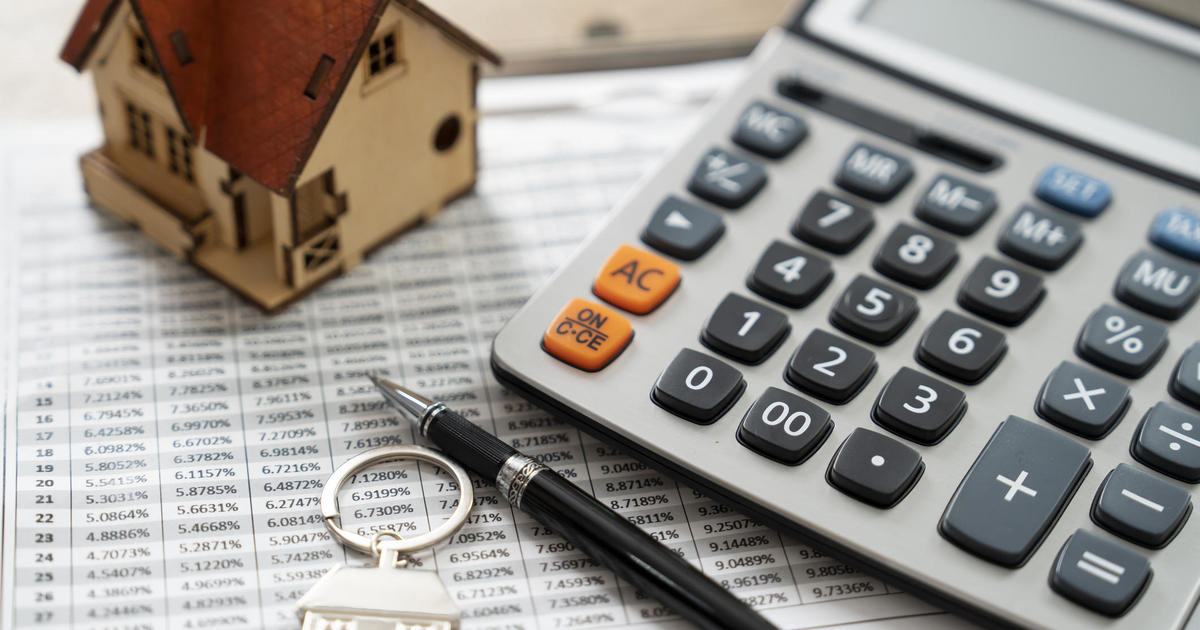Need a new car? Be prepared to pay above the sticker price
The days of discounts on new vehicles are long gone.
The COVID-19 pandemic has reversed a longstanding dynamic whereby auto customers had bargaining power over dealers because they could always shop around for a better deal at a competing dealership or negotiate a discount on vehicles, which were widely available.
But today, dealers are setting the prices, often times charging a premium — and sticking to them. In some cases, consumers can end up paying thousands of dollars above sticker price.
"For this first time, the power dynamic has changed," said Ivan Drury, senior insights manager at Edmunds, a website that tracks auto inventory and pricing. "Consumers were always able to chose who, what, when and where. Now it's the dealers who are choosing the customers."
What's behind the shift? Chalk it up to an imbalance in supply and demand.
An automotive chip shortage, combined with factory shutdowns due to COVID-19, have limited car makers' manufacturing capacity. Consumers, meanwhile, are shopping for more vehicles than are available on dealers' lots. That combination of low inventory and soaring demand is driving up car prices.
"Back in the day, customers would send out feelers and wait for the right price. Now we're looking at the complete opposite, where consumers are jammed up to the point that they're putting reservations on cars," Drury said.
"If you bought a car six years ago, this is shock and awe. You're really going to be taken aback," he added.
Prices for new cars jumped 12.6% in May, according to the government inflation data. Meanwhile, the cost of used cars and trucks jumped even higher, surging 16.1% last month.
Who sets car prices?
In normal times, automakers put a manufacturer's suggested retail price, or MSRP, on vehicles. Also known as the sticker price, this is the cost displayed on a car's window, offering a price point where customers and dealers can start haggling.
Historically, few cars sold for their full MSRPs, with buyers trying to negotiate prices as far below the listed price as possible. These days, the opposite is true: Most vehicles are selling for more than their sticker prices, with markups on luxury vehicles as high as $50,000.
For the month of May, the average new transaction price was $721 above an average MSRP of $45,914, according to Edmunds. That marks a reversal from the months prior to August 2021, when for years, the transaction price was below the average sticker price and consumers routinely scored thousands of dollars in discounts. In December 2019, the average discount on a new vehicle was $3,027, according to Edmunds.
Drury doesn't blame dealers for marking up car prices when supply is so limited.
"If you were selling a car, what would you do? You would go for the highest bidder," he said. "Clearly, the market for selling above MSRP is there, and dealers are going to charge as much as the market will bear."
Sticking to the sticker price
Honda, Land Rover and Mercedes Benz vehicles are currently the hardest to find on dealer lots, according to Kelley Blue Book (KBB), another car-buying resource. That means consumers should expect to pay well over the MSRP for these brands.
For example, average transaction prices for new Land Rovers are now routinely more than $90,000, up 9.5% compared to a year earlier, according to KBB. In April, only eight of 35 brands tracked by KBB were selling for less than their sticker prices.
"There are a lot of dealers charging way over sticker price, and those fees are really frustrating to consumers," said Pat Ryan, founder and CEO of CoPilot, a car-shopping app. "It's one thing to pay sticker — it's another to pay a premium on top of sticker."
Some dealers have decided not to charge car buyers more than the manufacturer's suggested retail price on principal and because they want to retain their loyal customer bases.
Jeff Williams, one of the owners of a family-run car dealership in Lansing, Michigan, said he has been in business for 52 years and has never sold a car for more than its MSRP.
"I think it's wrong when someone wants to gouge customers when supply is short," he told CBS MoneyWatch. "MSRP is a fair price and I think it's adequate. You can gouge a customer if you want, but they're going to remember that down the road. I just don't believe in it."
Rules of thumb for buyers
"Our advice is if you don't have to buy now, don't," Ryan of CoPilot said.
Experts don't expect car prices to settle anytime soon.
"We don't anticipate automakers will rush back to producing more vehicles because they are actually making more money on lower sales volumes," KBB analyst Michelle Krebs said. "Their costs are lower because they don't have to spend money on incentives and they are making record profits."
The upshot: If you don't need a car right away, consider repairing your old vehicle or looking to the used car market. Other car shopping tips:
- Shop around. Expand your geographic search by looking at dealers outside of your immediate geographic region. You may have to get on a waiting list or order a vehicle and wait a few months.
- Be prepared to pay full price or more. "There are no deals," Krebs said.
- It is a seller's market. If you have a used vehicle, now is the time to sell it. One- to three-year-old cars, which are nearly indistinguishable from new cars, are selling for roughly 98% of their sticker prices, according to CoPilot's Ryan. He remarked that some lightly used vehicles are even selling for more than they sold when brand new.




